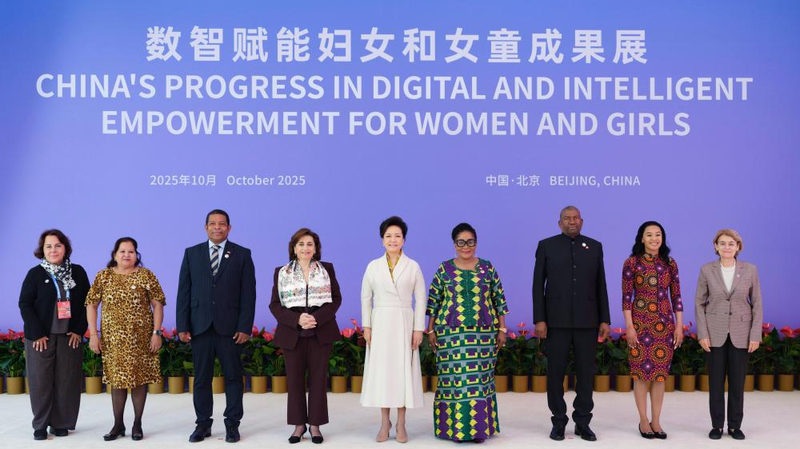Who Are the Balbals? 🤔
Scattered across Kyrgyzstan's sweeping steppes, mysterious stone figures called Balbals stand like silent storytellers 🌾. Carved over a millennium ago by nomadic Turkic tribes, these statues honor fallen warriors and ancestors—often depicted holding symbolic items like birds (freedom), bowls (hospitality), or blades (strength). While most are male, female Balbals reveal untold tales of women’s roles in ancient nomadic life.
AI Brings History to Life 🚀
Near the iconic Burana Tower, a 1,500-year-old Balbal is now 'speaking' thanks to AI! 🤖 Researchers used machine learning to analyze carvings and oral histories, creating a digital voice that shares legends etched in stone. "It’s like time-traveling to meet a guardian of the past," says one archaeologist.
Why It Matters Today 💡
Balbals aren’t just relics—they’re bridges to Central Asia’s Turkic roots and the Silk Road’s cultural melting pot 🐪. For travelers and history buffs, they’re a must-see blend of art, mystery, and tech-driven discovery!
Reference(s):
cgtn.com








